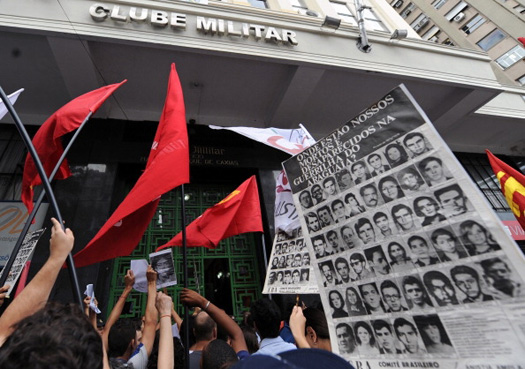Political Crimes and Amnesties: Scope and Limitations to Transitions to Democracy
Notes & Changes
OTJR's weekly seminar series will take place online until further notice. Register here for the meeting link.

Amnesties are a very common mechanism in transitions to democracy, approximately 85% of amnesties grant pardon to political crimes. However, the question of “What are political crimes in the amnesties context?” remains unanswered. The traditional approach laid by the duty to prosecute international crime and gross human rights violations used in international criminal law is not enough, there are numerous conducts which do not amount to international crimes and may still be contemplated with state clemency. Hence, there is a relevant explanatory gap regarding the definition of political crimes in amnesties, which may carry the space for a dangerous amount of state arbitrariness. This seminar will start by designing the characteristics of amnesties that impact political crimes concept, as well as the rationales and interests involved in amnesties. By scrutinizing the decision-making process of amnesties, the presentation aims to identify factors that might reflect the definition of political crimes. The discussion will provide insights into the elements that currently compose political crimes in amnesties context, and the issues they create to transitional justice and criminal justice fields.
Renata Barbosa holds a PhD from the University of the State of Rio de Janeiro (UERJ), she is currently an Academic Visitor at the Latin American Centre at the University of Oxford and member of OTJR. She is also a tutor and project manager at Maastricht University.

